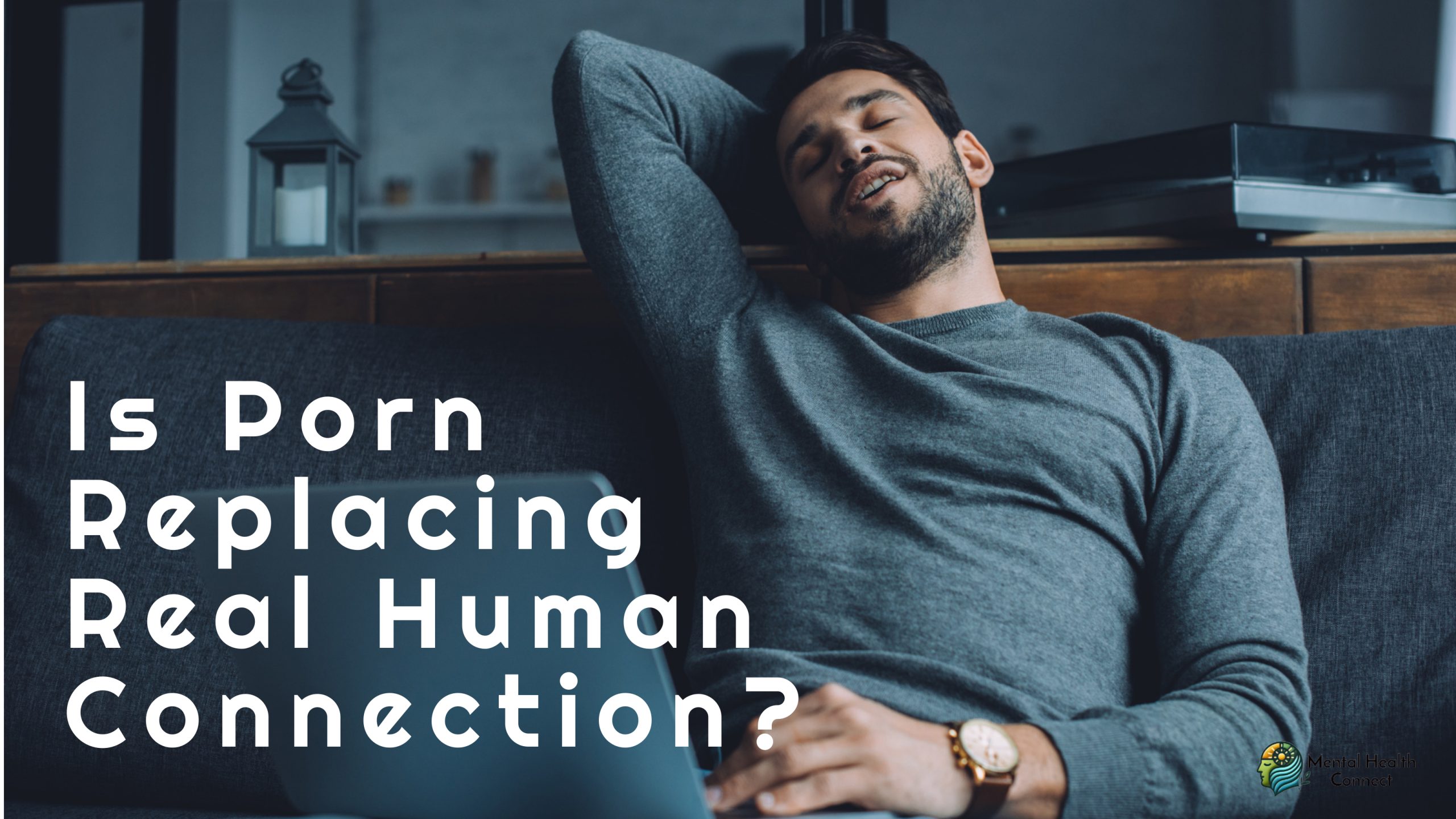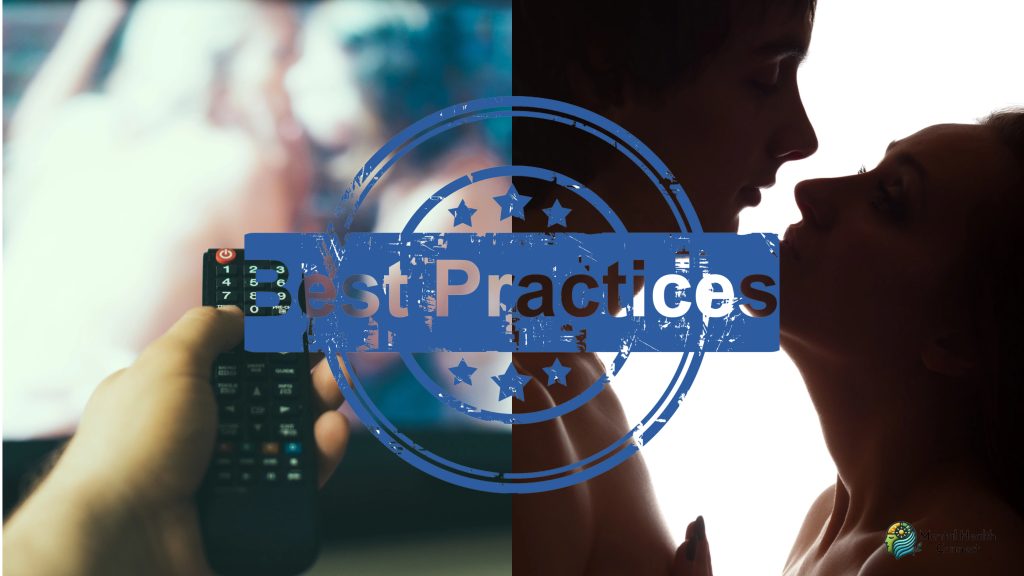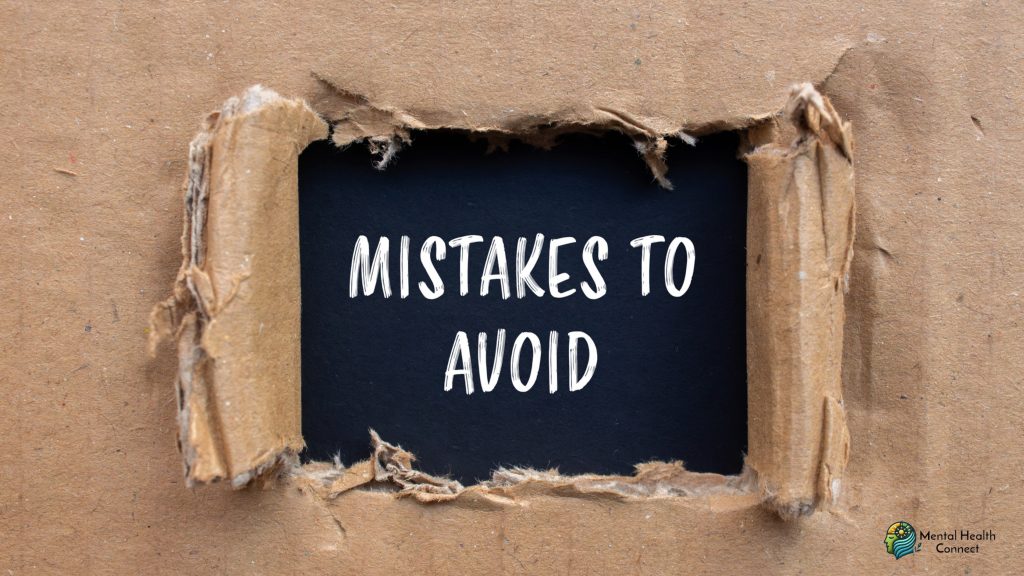The Loneliness of the Screen: Is Porn Replacing Real Human Connection?

In our hyper-connected digital world, it’s ironic how many people feel more isolated than ever. One contributor to this quiet crisis is the overconsumption of pornography. While once taboo, porn is now just a few taps away, delivering instant gratification with zero emotional effort.
But as porn becomes more normalized, a deeper concern emerges: Is it replacing real human connection? This phenomenon often called “the loneliness of the screen” describes the emotional void that occurs when screen-based stimulation replaces authentic intimacy.
In this article, we explore how digital pleasure may be displacing real relationships, the psychological impact, and how to restore meaningful connection in the age of instant everything.
What Is the Loneliness of the Screen?

The “loneliness of the screen” is a modern form of emotional disconnection caused by excessive reliance on screens especially for simulated intimacy. Porn, while offering a sense of pleasure and control, often lacks emotional depth. Over time, this can lead to detachment from real-world relationships.
Examples of This Disconnection:
- Choosing porn over addressing issues with a partner
- Losing interest in emotional or physical intimacy
- Using porn as a default coping mechanism
- Feeling emotionally flat after digital stimulation
When digital interactions replace emotional engagement, people may feel isolated despite being constantly connected.
Why This Issue Matters
While not inherently harmful, the overuse of porn as a substitute for intimacy can negatively impact mental health, relationships, and social development.
1. Mental and Emotional Impact
Heavy porn use may:
- Desensitize pleasure responses (dopamine downregulation)
- Fuel anxiety, depression, and loneliness
- Increase social avoidance or emotional numbness
These effects aren’t universal, but they’re common enough to warrant concern.
2. Relationship Damage
In couples, unchecked porn use may:
- Reduce attraction toward a partner
- Create secrecy and trust issues
- Set unrealistic expectations
- Diminish shared emotional experiences
While some couples use porn consensually, others find it becomes a silent wedge.
3. Cultural and Societal Effects
On a broader scale, porn can influence societal norms about sex, love, and connection. It may:
- Promote objectification over mutual respect
- Prioritize performance over intimacy
- Delay or replace emotional maturity
When digital pleasure becomes the norm, emotional vulnerability may seem foreign or even threatening.
How to Reconnect in the Digital Age

The key isn’t to eliminate porn completely (unless that feels right for you) but to restore balance and intentionality in how we relate to ourselves and others.
1. Self-Awareness
Start by asking:
- Why am I using porn? For escape, comfort, or habit?
- Is it enhancing or replacing connection?
- How do I feel before and after?
Recognizing the “why” helps shift compulsive patterns into conscious choices.
2. Limit Screen Dependency
- Set daily screen-free hours
- Replace solo screen time with face-to-face interaction
- Use screen-limiting tools like grayscale or app blockers
Digital detoxing isn’t about restriction it’s about reintroducing presence.
3. Strengthen Emotional Bonds
- Reconnect with friends, family, or a partner
- Prioritize vulnerability and open conversations
- Spend time together doing non-digital activities
Intimacy grows from shared experiences and mutual presence not just proximity.
4. Rebuild Physical and Emotional Intimacy
- Practice non-sexual affection: hugs, cuddling, eye contact
- Share fears, dreams, and joys with your partner
- Try new couple experiences: dancing, traveling, playing games
Connection is a muscle and it strengthens with use.
Best Practices for Balancing Porn and Intimacy

If porn is part of your life, here’s how to make sure it doesn’t dominate your emotional world:
1. Use Consciously
- Ask: “Is this helping or numbing?”
- Set boundary don’t use it as your default coping tool
- Choose ethical, realistic content that promotes consent
2. Talk Openly in Relationships
- Discuss expectations and boundaries about porn
- Be honest about how it affects your connection
- Consider watching together (if mutually comfortable)
Transparency can prevent resentment or misunderstanding.
3. Prioritize Emotional Fulfillment
- Practice mindfulness and gratitude
- Journal your thoughts or talk with a therapist
- Explore other sources of joy creativity, nature, physical activity.
When your emotional cup is full, you’re less likely to seek constant escape.
Common Pitfalls and How to Avoid Them

Even well-intentioned people can fall into patterns that hinder real connection. Here are common mistakes and how to course-correct:
Mistake 1: Assuming It’s Harmless
Solution: Track how you feel afterward. If you’re drained or disconnected, it’s worth reassessing.
Mistake 2: Using Porn as a Crutch
Solution: Develop healthy alternatives for stress relief: walks, breathing exercises, music, or calling a friend.
Mistake 3: Hiding Your Habits
Solution: Honesty creates space for trust. If you’re in a relationship, open up about your usage and concerns.
Mistake 4: Neglecting Emotional Closeness
Solution: Initiate affection and conversations real intimacy begins with connection, not performance.
Future Trends to Watch
Technology is evolving, and so are our relationships with screens and sexuality.
1. Rise of AI Porn and Virtual Relationships
Hyper-realistic, AI-generated porn is becoming mainstream, raising ethical questions and intensifying emotional detachment risks.
2. Growth of Mindful and Ethical Porn
Some platforms now focus on consent, realism, and diverse representation offering healthier alternatives to mainstream content.
3. Digital Detox and Reconnection Movements
From NoFap to wellness retreats, many people are pushing back against digital overload in search of deeper, real-life connections.
FAQs
1. Can porn really impact my relationships?
Yes. While not always harmful, frequent or secretive use can reduce desire, erode trust, and create emotional distance in relationships.
2. Is quitting porn necessary for connection?
Not necessarily. But reflecting on how you use it and its impact can help you rebalance and reconnect with yourself and others.
3. How do I know if I’m too reliant on porn?
If you’re using it to cope with emotions, feel disconnected afterward, or avoid real intimacy it may be time to evaluate your habits.
4. Can couples use porn together healthily?
Yes. If both partners are comfortable and open about it, it can be part of shared exploration. Communication is key.
5. Are there alternatives for emotional fulfillment?
Absolutely talking with loved ones, creative pursuits, journaling, therapy, meditation, and physical activity all nurture emotional depth.
-
 How to Support Someone with OCDApril 17, 2025
How to Support Someone with OCDApril 17, 2025 -


Leave a Reply